LayerZero helps dApps build cross-chain bridges easily. This helps create a diverse blockchain environment and connect networks efficiently and securely. Today, let’s explore with Coincu the top 5 bridge projects on LayerZero.

What is LayerZero?
LayerZero, an innovative cross-chain protocol poised to revolutionize the way decentralized applications (dApps) interact across diverse blockchain networks, introducing a new era of multi-chain interoperable blockchains known as Omnichain dApps (OdApps).
At its core, LayerZero is designed to simplify the process of sharing and transmitting information between blockchains while prioritizing security for users and dApps alike.
This groundbreaking protocol enables a new paradigm in cross-chain interoperability, as it dispenses with the conventional hub-and-spoke model employed by projects like Polkadot and the use of light nodes on-chain, a method popularized by Cosmos IBC.
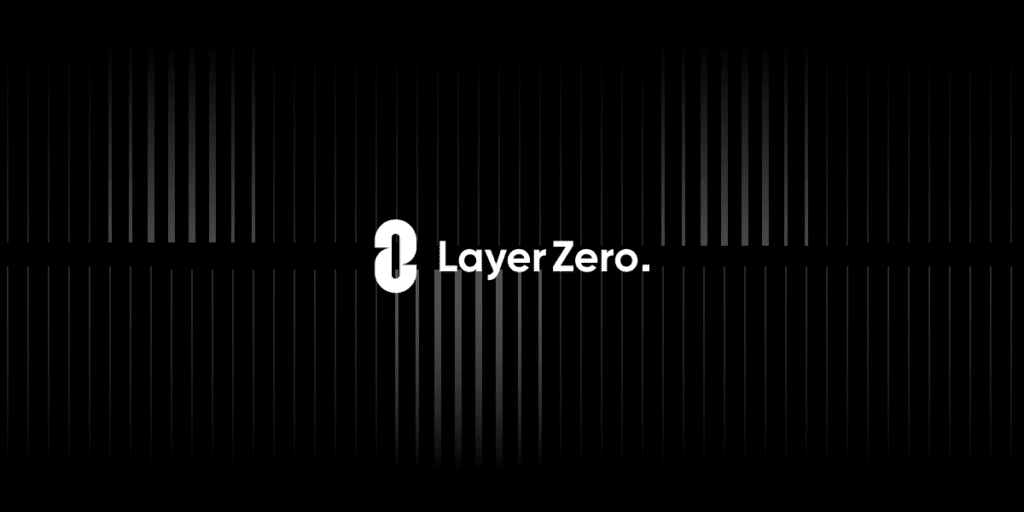
LayerZero leverages on-chain Ultra Light Nodes to connect dApps seamlessly across different blockchain networks. The significance of this approach lies in achieving the security of a Light Node, but at a much lower cost compared to intermediary chains.
Developers can readily harness the power of LayerZero to transform their dApps into multi-chain applications, all through a user-friendly interface.
To grasp the essence of LayerZero, think of it as a connecting layer that unites separate chains within the blockchain universe. This is accomplished by attaching Endpoints to networks, which efficiently retrieve and transmit information between these blockchain ecosystems.
Top 5 Bridge Projects On LayerZero
1. Stargate Finance
Overview
Stargate Finance is a leading bridge project built on LayerZero, designed to enable seamless token trading across multiple blockchains. It simplifies cross-chain interactions by eliminating complex, time-consuming steps.
The innovative project capitalizes on the concept of “multichain,” making it compatible with an array of blockchain platforms, including Ethereum, Optimism, Polygon, Arbitrum, Fantom, BNB Chain, and Avalanche.
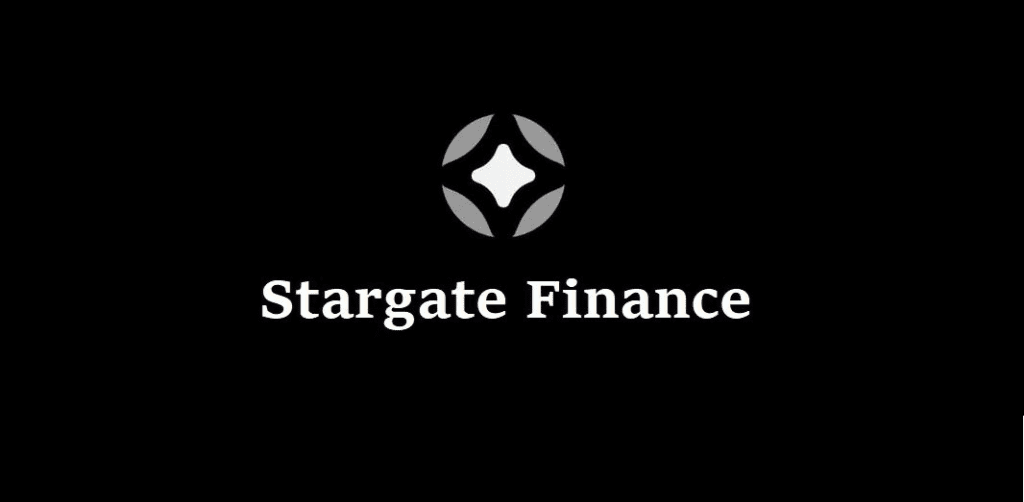
One of Stargate Finance’s standout features is its role as a Cross-Chain Bridge built on the LayerZero infrastructure, making it the first dapp to operate on this platform.
Leveraging LayerZero’s capabilities, Stargate Finance establishes liquidity pools across the blockchains it supports, creating a robust cross-chain liquidity network that interconnects the LayerZero-supported blockchains.
Stargate Finance’s overarching vision is to streamline the process of cross-chain liquidity transfers, ensuring that this previously complex transaction becomes a simple and seamless operation.
In addition to its cross-chain capabilities, Stargate Finance extends its services to provide users with low-interest liquidity supplies. The project leverages LayerZero’s infrastructure to address supply shortages, ensuring that users have access to the liquidity they need.
This multifaceted approach not only simplifies cross-chain operations but also offers a solution to potential liquidity challenges, further enhancing the user experience.
Features
- The First Cross-Chain Bridge
- Enhanced Security
- Native Assets Trading
- Unified Liquidity
- Community-Driven Governance
Stargate Finance launched the industry’s first cross-chain bridge, enabling seamless and efficient token transfers across different blockchains
- Utilizes LayerZero’s oracle and relayer cross-verification technology to ensure complete transaction security.
- Guarantees that transactions executed on the source chain are securely completed on the destination chain.
- Supports direct trading of native assets instead of wrapped tokens.
- Reduces the number of required transactions, making asset access faster and more efficient.
- Offers unified liquidity across multiple chains using LayerZero technology.
- Enables deeper liquidity pools, enhancing the experience for users and cross-chain applications.
- Built and governed by the community with a focus on simplifying cross-chain liquidity transfers.
- Encourages collective ownership and inclusive participation across the ecosystem.
Read More: What Is Babylon? A Singapore Bridge for BTC and PoS Security
2. Pontem Network
Overview
Pontem Network focuses on building decentralized applications (DApps) and infrastructure for the Aptos blockchain, leveraging the Move programming language across protocols, development tools, and infrastructure. It is also a widely used bridge project on LayerZero.
With a vision to drive global financial innovation, Pontem works closely with Aptos to develop platform DApps and key infrastructure that support layer 1 adoption. Their work includes development tools, EVM compatibility, Automated Market Makers (AMM), and more.
Pontem has created tools like Move IntelliJ IDE and Move Playground to expand Move’s capabilities and support the Aptos ecosystem. The network aims to empower developers and enable seamless cross-chain integration between Move VM and other blockchains, fostering growth within the Aptos community.
In essence, Pontem is building a dedicated infrastructure ecosystem for Aptos, providing the Move language and IDE to make blockchain development easier and more accessible.
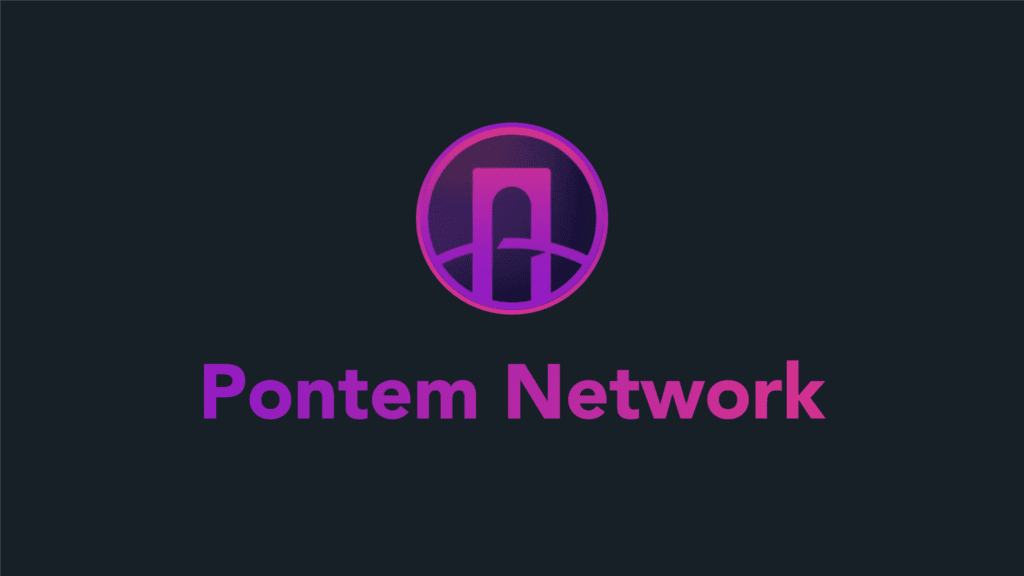
Features
Security First
- Provides a robust verification tool for smart contracts to ensure blockchain integrity.
- Guarantees transaction finality for reliable operations.
- Utilizes the MOVE token as a tamper-proof data resource that cannot be copied or removed.
Unparalleled Efficiency
- Supports over 160,000 transactions per second (TPS), surpassing many blockchain competitors.
- Optimized for horizontal storage and computing to enable seamless scalability.
- Incorporates an extensible HotStuff BFT consensus mechanism for Layer 2 (L2) frameworks.
Developer and User-Friendly
- Uses the MOVE programming language, based on the popular RUST language, for easier smart contract development.
- Offers features like private key rotation and restoration.
- Includes built-in access control to improve user experience and security.
Read More: Top 5 Cross-Chain Bridges In Crypto
3. InterSwap
Overview
InterSwap is an innovative blockchain project built on LayerZero, aiming to solve fragmented liquidity and improve cross-chain transaction security. It currently supports over 8 EVM chains, with plans to add non-EVM chains as it expands.
Fragmented liquidity across chains has long been a challenge, and InterSwap’s new approach bridges these gaps while enhancing transaction safety. Its roadmap to include non-EVM chains highlights its commitment to broadening cross-chain compatibility.
What sets InterSwap apart is its ambitious plan to expand its cross-chain compatibility beyond EVM-based chains. While currently focusing on EVM chains, the project’s roadmap includes the incorporation of non-EVM chains, thereby extending its reach and capabilities even further.
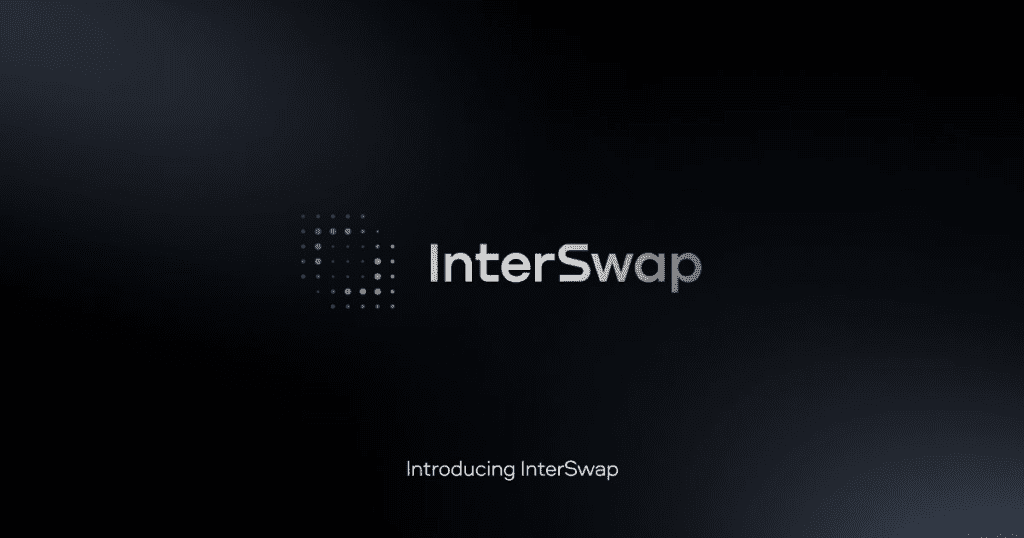
Features
Addressing Liquidity Fragmentation
- Tackles the challenge of liquidity being scattered across different blockchains.
- Introduces an omnichain cross-chain model that enables seamless interaction between multiple chains.
- Integrates liquidity across networks to eliminate the inefficiencies of fragmented pools.
Enhancing Security
- Avoids reliance on traditional bridges, which have been targets of major hacks (e.g., Ronin $625M, Wormhole $320M, Harmony $100M).
- Enables cross-chain transactions without bridges, reducing vulnerability to security breaches.
- Offers a more secure environment for DeFi users and operations.
Streamlined User Experience
- Allows users to swap tokens across chains in a single step.
- Removes the need for complicated network switching or wallet reconnections.
- Makes DeFi more accessible and convenient for all user levels.
4. Omnisea
Overview
Omnisea‘s platform is a cross-chain NFT marketplace built on the robust LayerZero infrastructure. It enables users to effortlessly trade or create NFTs on numerous networks, all without the inconvenience of switching networks.
For example, you can directly transfer ETH network NFTs over to Arbitrum or zkSync networks via Omnisea, simplifying the NFT trading experience. Omnisea is also one of the bridge projects on LayerZero that best supports NFTs.
Currently, Omnisea is paving the way for cross-chain NFT interaction by supporting a total of 11 networks, including Ethereum, BNB Chain, Polygon, Avalanche, Arbitrum, Optimism, Fantom, Harmony, Moonbeam, Metis, and Polygon zkEVM.
One of the platform’s standout features is its user-friendly NFT collection creation process. Users can easily create NFT collections by inputting comprehensive information about the collection, such as the collection name, floor price, and a list of whitelist wallets.
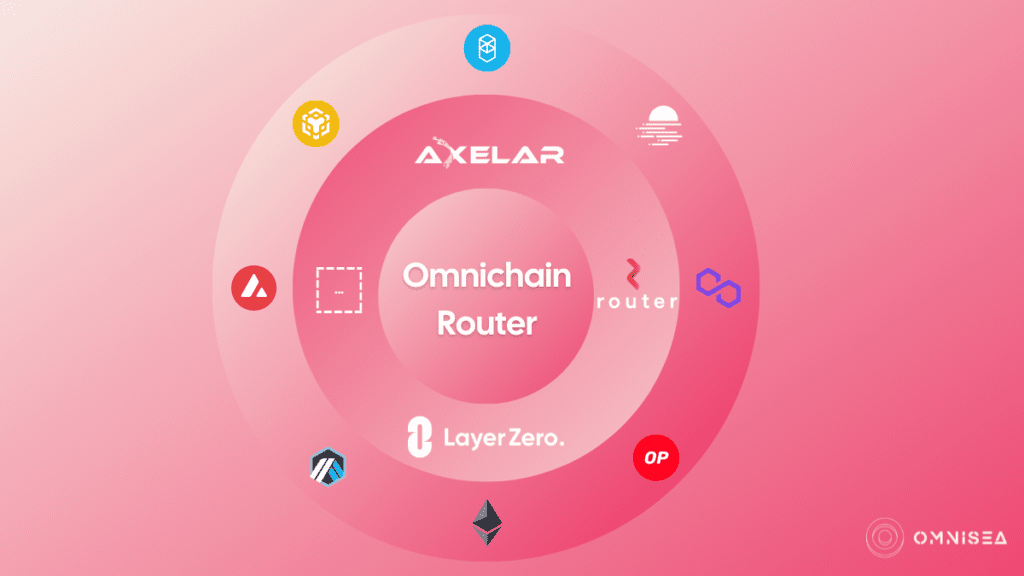
Feature
- Omnichain Router Integration
- Cross-Chain Messaging Optimization
- Developer Empowerment with SDK
- Expansion Plans
- Omnisea stands out with its Omnichain Router, leveraging LayerZero’s technology to enable seamless cross-chain interactions.
- The router is deployed on each supported blockchain and determines the optimal path for message delivery across chains.
- Routes messages via LayerZero or Axelar, depending on which protocol offers the best performance.
- Ensures smooth and reliable data transfer between source and destination chains for NFT interactions.
- An upcoming Omnichain Router SDK will make it easier for developers to build cross-chain applications.
- Encourages innovation by simplifying the creation of omnichain NFT and DeFi solutions within the Omnisea ecosystem.
- Currently integrates with LayerZero, with plans to support Axelar after v4 Testnet validation.
- Future blockchain support includes Moonbeam (Polkadot) and Cosmos, signaling continued ecosystem growth.
5. Core DAO
Overview
Core DAO is a prominent Layer 1 project fully compatible with the Ethereum Virtual Machine (EVM). This compatibility allows Ethereum-based applications to run seamlessly on Core. The platform is designed to ensure high security, scalability, and decentralization.
The highlight of Core is the “Satoshi Plus” consensus mechanism – a combination of PoW and DPoS. PoW brings Bitcoin-level security, while DPoS enables faster and more scalable transactions like Ethereum. This combination strikes a powerful balance between efficiency and trust.
Technically, Core is built on the Geth codebase and enhanced through a strategic hardfork. The development team has also integrated key upgrades from BSC. As a result, Core boosts performance and significantly reduces transaction costs for users.
With its flexible model and advanced technology, Core DAO is attracting attention in the blockchain world. The platform aims to expand its ecosystem by attracting both developers and users. Core is well-positioned to become a leading Layer 1 blockchain in the near future.

Features
Core Blockchain Launch & EVM Compatibility
- Mainnet launched in January 2023, introducing CORE as the native blockchain coin.
- Offers full Ethereum Virtual Machine (EVM) compatibility.
- Allows Ethereum-based applications to run on Core Blockchain without modifying source code, streamlining migration for developers.
Core Bridge for Cross-Chain Interoperability
- Developed in collaboration with DAO and LayerZero to connect Core with networks like Ethereum and Binance Smart Chain.
- Facilitates asset and data flow across different blockchains, enhancing interoperability.
- Currently supports bridging assets like ETH, USDT, and USDC between Core Blockchain and other networks.
Conclusion
LayerZero is ushering in a new era of cross-chain interoperability by offering a lightweight, secure, and cost-effective solution for connecting blockchains. The innovation enables decentralized applications to operate seamlessly across multiple networks, thereby enhancing both developer flexibility and user experience.
By simplifying communication between chains and eliminating the need for complex bridging mechanisms, LayerZero is setting the foundation for a more connected, efficient, and scalable blockchain ecosystem.
| DISCLAIMER: The information on this website is provided as general market commentary and does not constitute investment advice. We encourage you to do your own research before investing. |















